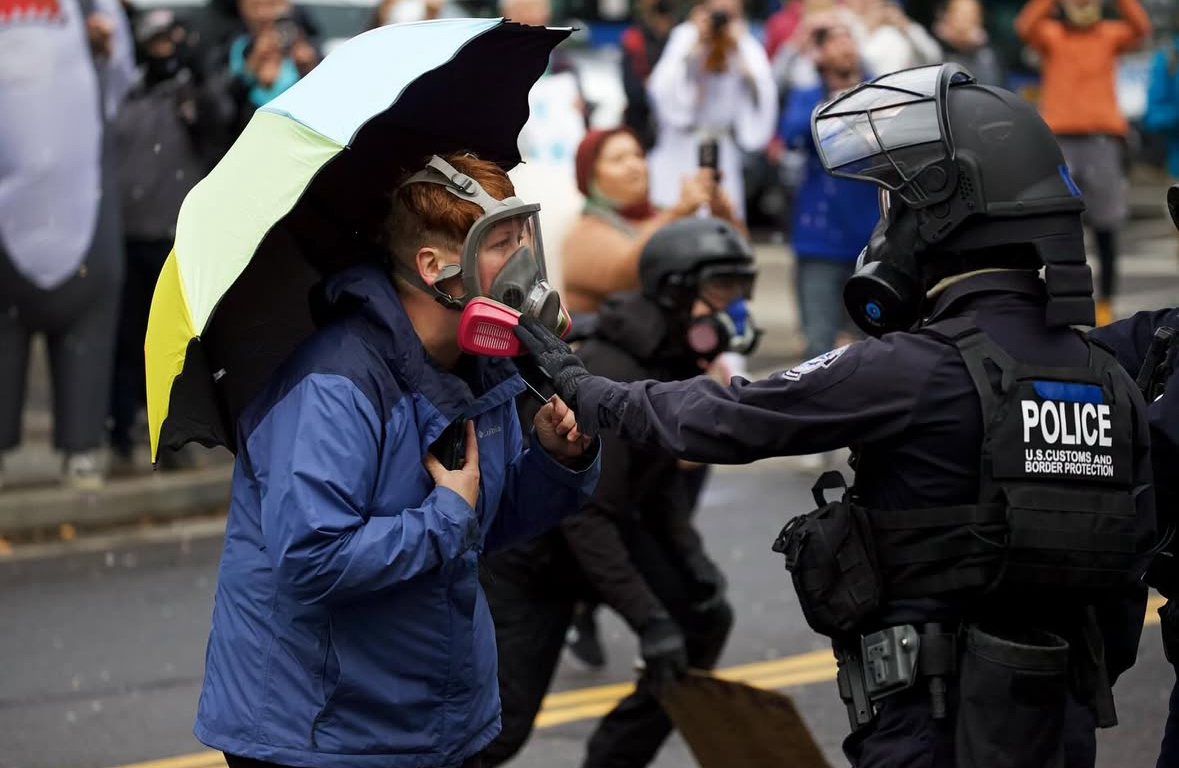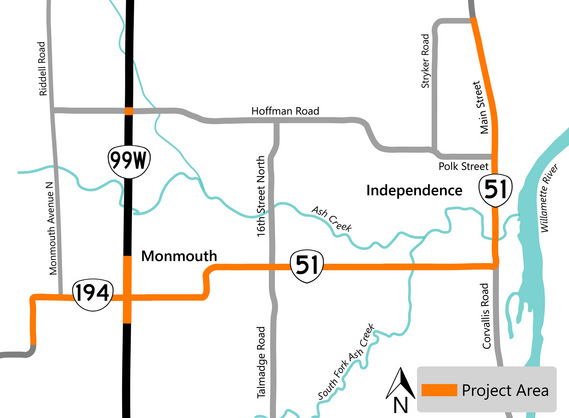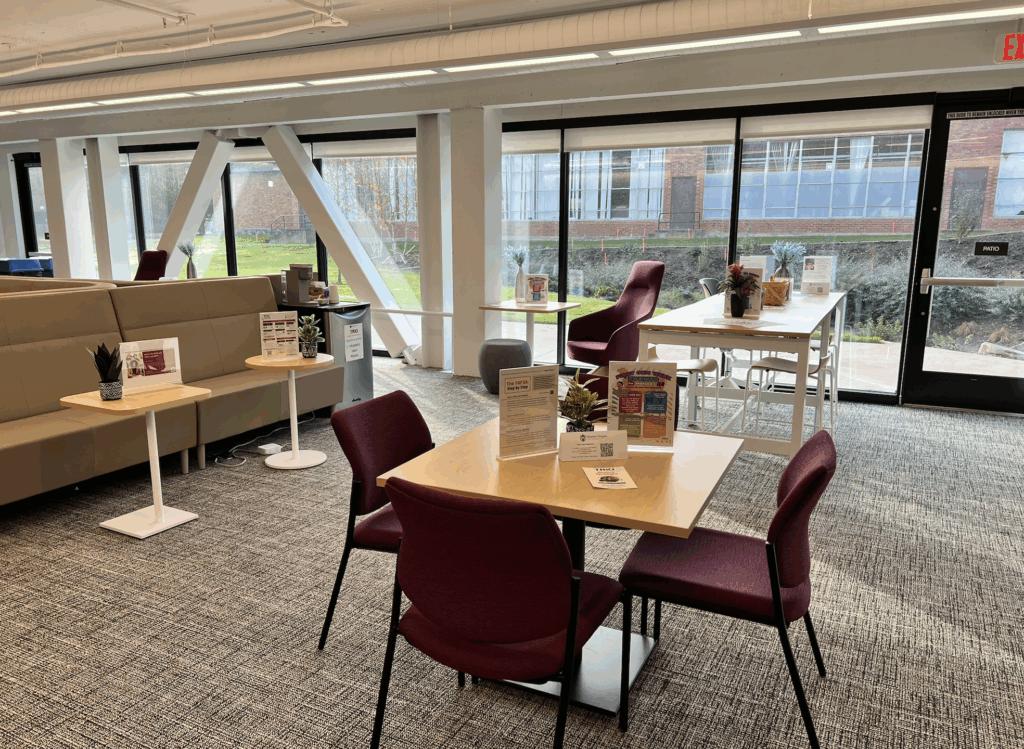
Nov. 12 2025 | Abbi Duhart | News Editor
Wolf Pups — formally known as the Child Development Center — is a school and daycare area on campus where parents in the community and enrolled parents at Western can drop off their kids aged 2 1/2 to 5. The center has been up and running for 45 years, and was originally in Todd Hall, but moved to its new residence in the Child Development Center behind Campus Public Safety. They are part of the Student Affairs division at Western. Currently, there are three classrooms and 46 kids enrolled. A helpful resource they also provide is a dual-language classroom for children who speak English and Spanish. Additionally, they provide a young preschool room that supports children who still need to work on potty training, as well as kids with disabilities.
The original purpose of the Child Development Center was to serve Western students who are also parents by providing a space to assist parents in being able to attend things such as their classes. Currently, they serve Western students, faculty and members of the community, but the most prominent customers now are members of the community.
The center is funded by the IFC for student parents with children enrolled, meaning that Western students with children enrolled receive a sizable discount. A large Preschool Promise grant is also offered to around 30 parents who are low-income, covering the full payment to enroll their child.
The staff at the center encompasses around 25 individuals, including three full-time teachers, two full-time assistant teachers, one half-time assistant teacher and 15-20 student staff who attend Western and are most often enrolled in the Education program. Tammy Gardner, the director at the Child Development Center, explained that they wouldn’t be able to run the center without the large number of student teachers they get.
Gardner emphasized and wanted to highlight that the center is so thankful for and “couldn’t believe the love and support and resources that were given to the preschool, it’s absolutely amazing, and not just to the students, to the families and the staff here.”
The Wolf Pups partner with many different departments and faculty around campus, and have expressed feeling so welcomed by them as they bring joy to the kids. Recently, trick-or-treating for the Wolf Pups in the Werner University Center involved over 30 clubs and organizations around campus, setting up tables and going all-out with decorations, costumes and prizes or candy for the kids. The preschoolers came and had so much fun going to all the different tables; Gardner mentioned, “I will tell you, it was so amazing that after the kids left, I just sat in the WUC and cried.” During Halloween, Campus Public Safety also takes out one of the patrol cars to fire up the lights and sirens and take the kids on little tours.
She also mentioned the great partnership they have with the Natural Science department. Beeb Singson from the department has set up various experiments and lab tours for the kids to come in and do, like an exploding volcano and an earthquake demonstration that are both educational and fun.
They’ve worked with Michael Gonzalez from Athletics, who has invited them to play basketball with Western’s basketball teams. Members of the football team have also come in to visit the kids and play with them. Gardner explained that doing this is so enjoyable for the children and a way for them to meet amazing athletes. Rip Horsey, the director at the Health and Wellness Center, has also set up times for the children to come into the gym and have fun with all of the different activities offered.
Tim and Corrie Cowart, professors in the Dance department, have come in to teach the children mini dance classes as well. The kids love this, and it’s a great way for them to have fun interactions while being active. Currently, the center is also working with the graduate occupational therapy program because they wanted a place for their grad students to engage and observe little children as a way to prepare for their future careers. Each graduate student comes in to teach a lesson plan to the kids, and the kids enjoy it because “they’re young and fun,” as phrased by Gardner.
Gardner also had Logan Doerfler from the Veterans Resource Center come in with a crew to have a special story time about Veteran’s Day with the preschool classes. Doerfler and his crew dressed in uniform and discussed how they serve people and keep them safe, as well as deliver food and water.
Campus Dining provides the Child Development Center with all of the food they need, such as lunches and snacks. The center has expressed gratitude over the hot meals and two snacks a day they receive and how Dining is willing to accommodate, even sending treats like cookies occasionally.
All in all, the Wolf Pups at the Child Development Center are thankful and appreciative of all the resources and activities provided by departments and faculty around campus. The center is a great resource for students attending Western who have preschool-aged children. While the faculty at the center are pleased with how welcoming everyone on campus is, the children have the opportunity to be enrolled in such an amazing space where they can participate in many offered activities from organizations on campus. The people who take time out of their day to volunteer for these events know it’s all worth it to see the joy on even one child’s face.
Contact the author at howlnews@mail.wou.edu











